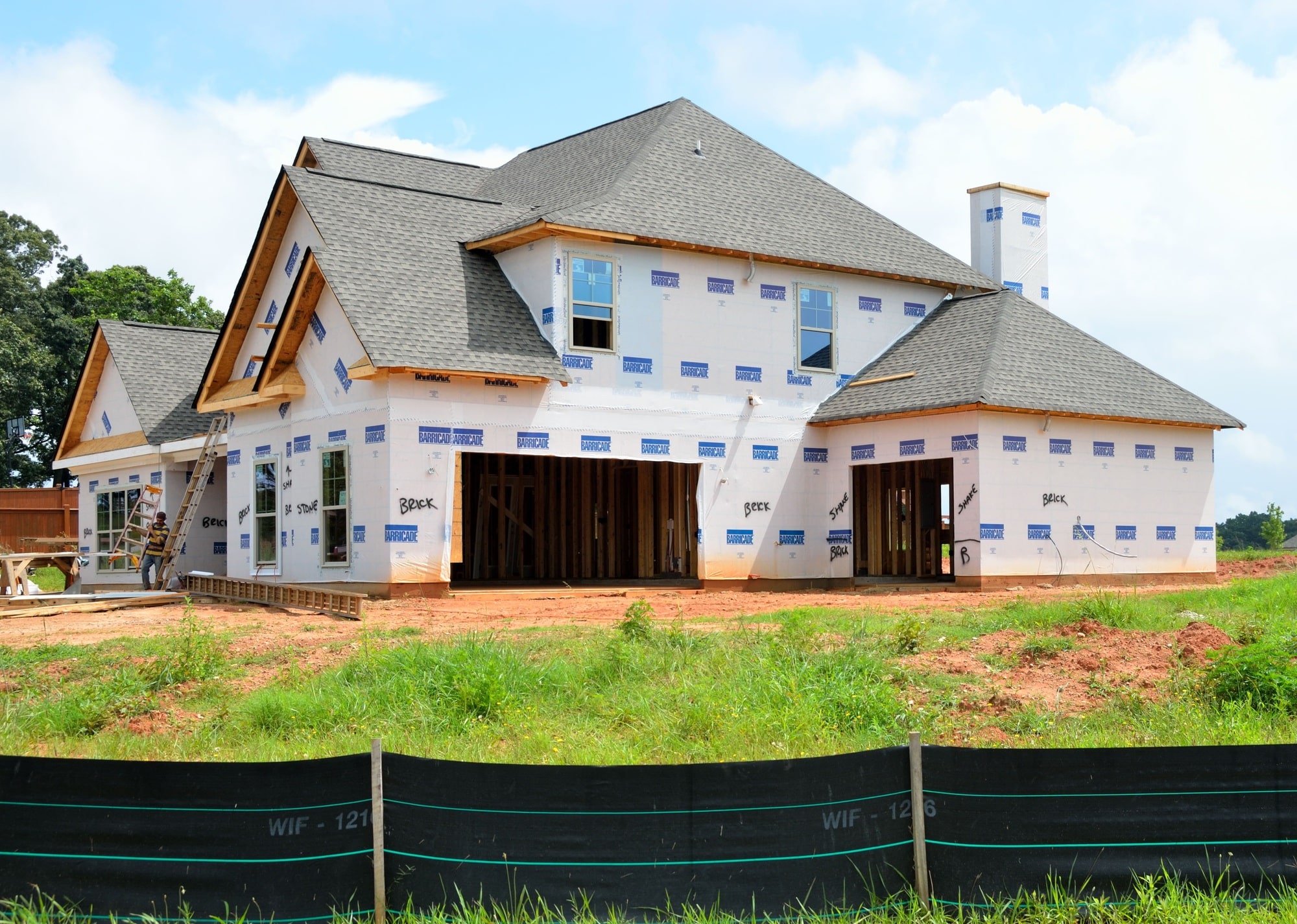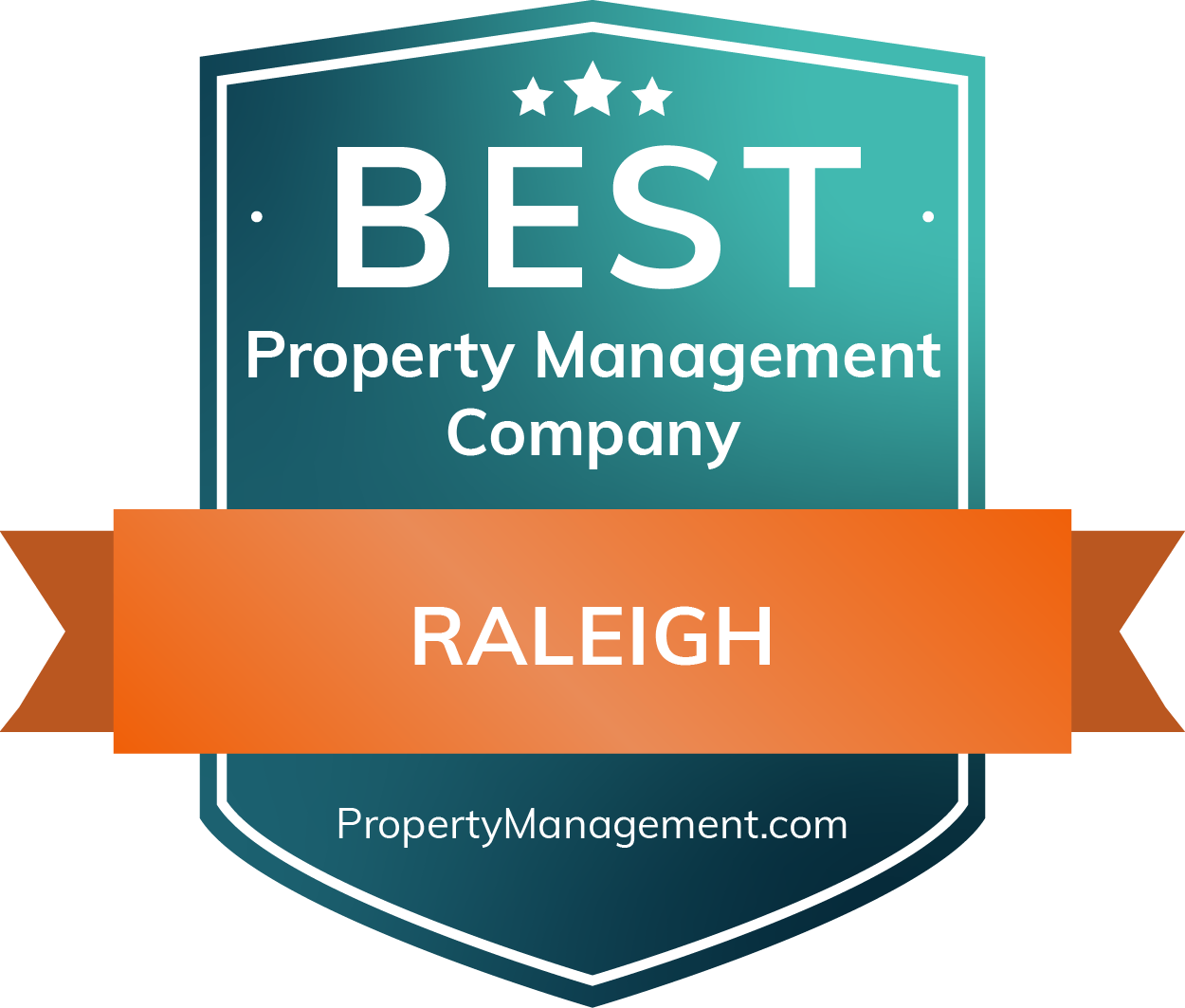Are you looking to invest in real estate in Raleigh, North Carolina but don't know where to start? If so, a 1031 exchange might be the perfect option for you. 1031 exchanges allow real estate investors to avoid capital gains taxes by reinvesting the proceeds from the sale of one property into a similar property.
In this post, we'll provide an overview of what a 1031 exchange is and how it works. We'll also list tips for using a 1031 exchange to invest in real estate. Read on for more info on this topic!
What Is a 1031 Exchange?
A 1031 exchange is an IRS-sanctioned method for real estate investors to avoid paying capital gains taxes. They do this by reinvesting the proceeds from the sale of their property into another similar property.
To qualify for a 1031 exchange, you must reinvest the money earned from your sale into a new property within 180 days. The new property must be similar to the property that was sold. This means that the new property must be used for investment or business purposes, and it can't be your residence.
If you meet these requirements, you avoid paying capital gains taxes on the sale of your property. This can be a significant benefit to real estate investors since it allows them to re-invest their money into another property without incurring any capital gains taxes.
1031 Exchange Tips
Here are a few tips to keep in mind if you're considering a 1031 exchange in Raleigh, North Carolina. First, get professional help. Because of the complex rules surrounding 1031 exchanges, it's important to seek professional advice from a qualified tax advisor or lawyer before proceeding with an exchange.
Next, be prepared to act quickly. Once you've sold your property, you only have 180 days to reinvest the proceeds into a new property.
Be aware of the risks. As with any investment, there are risks involved with 1031 exchanges. For instance, if the property you purchase doesn't appreciate, you could end up owing more in taxes than you would have if you had just sold the property and paid the capital gains tax.
Before investing in a 1031 exchange, take the time to consider your investment goals and understand the rules. As we mentioned, many rules apply to 1031 exchanges. These include the requirements that the property is used for investment or business purposes, and that it must be exchanged for a similar property.
1031 Exchange Advice
If you're thinking about doing a 1031 exchange, there are a few things that you should keep in mind. Have a written agreement in place before you sell your property. This agreement should state that you intend to do a 1031 exchange.
Identify the new property that you plan to purchase within 45 days of selling your property. Close on the new property within 180 days of selling your property.
Use a qualified intermediary. This is someone who holds the proceeds from the sale of your property and then uses those funds to purchase the new property on your behalf.
You'll want to avoid any 1031 mistakes that could trigger a taxable event. For example, if you don't find a new property within the 180-day window, you'll be subject to capital gains taxes.
Get Our Help with 1031 Exchanges
When it comes to 1031 exchanges in Raleigh, North Carolina, it's important to keep in mind the specific rules and regulations that apply. Make sure you have a written agreement in place, identify the new property you plan to purchase, and close on the new property within 180 days. Using a qualified intermediary is also key to making sure the process goes smoothly.
Avoid any mistakes that could trigger a taxable event. Contact us if you have any questions about how to complete a 1031 exchange correctly. At Home River Group, we're expert property managers and can help make your 1031 exchange as smooth as possible.














